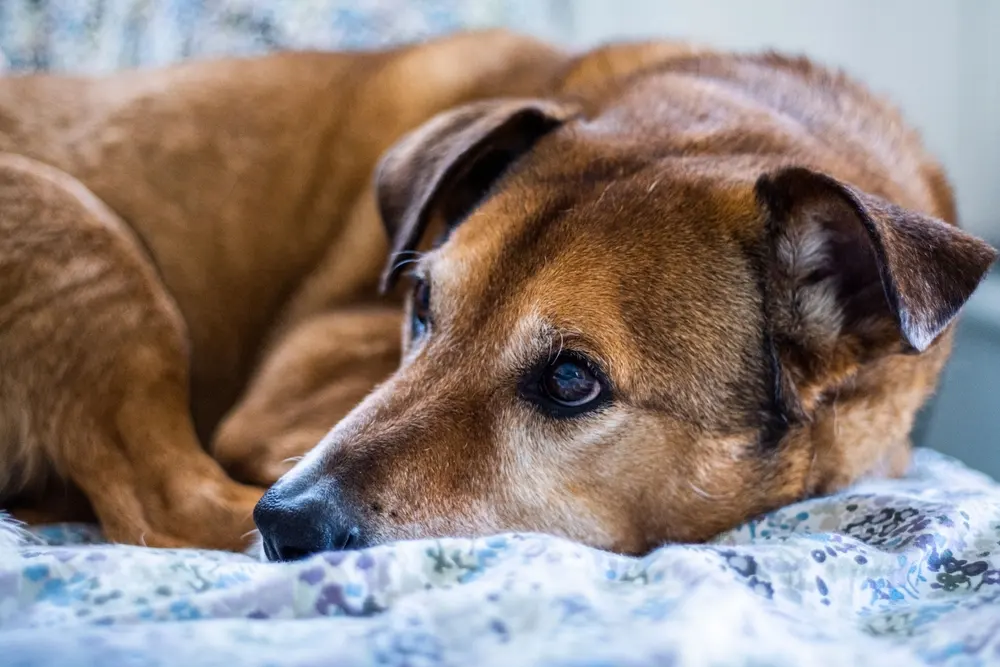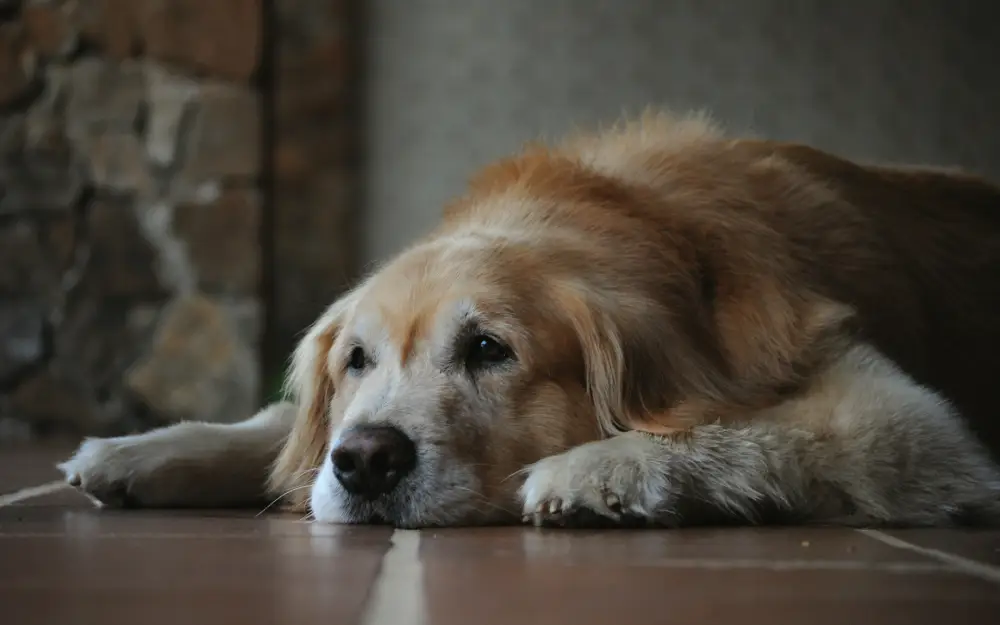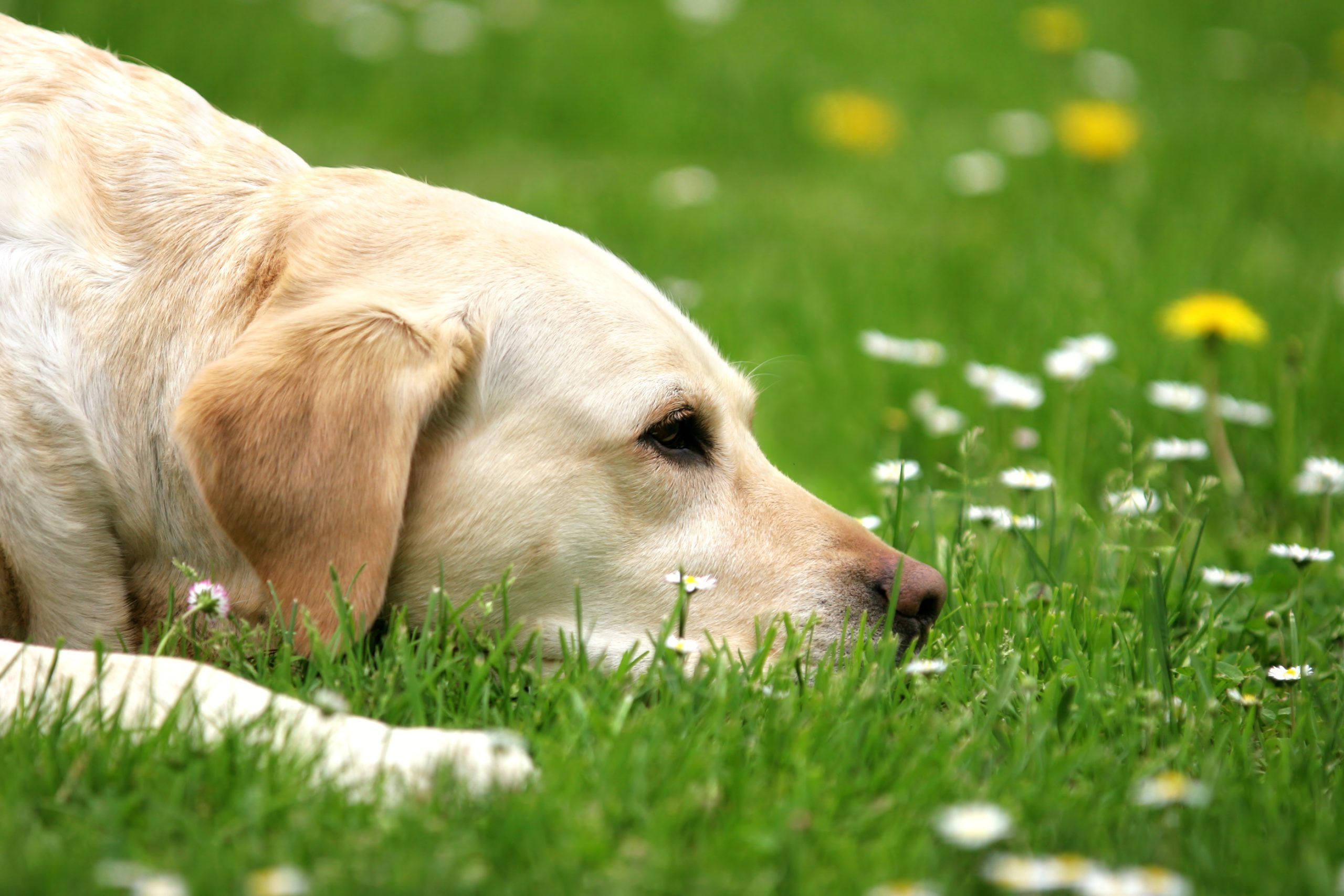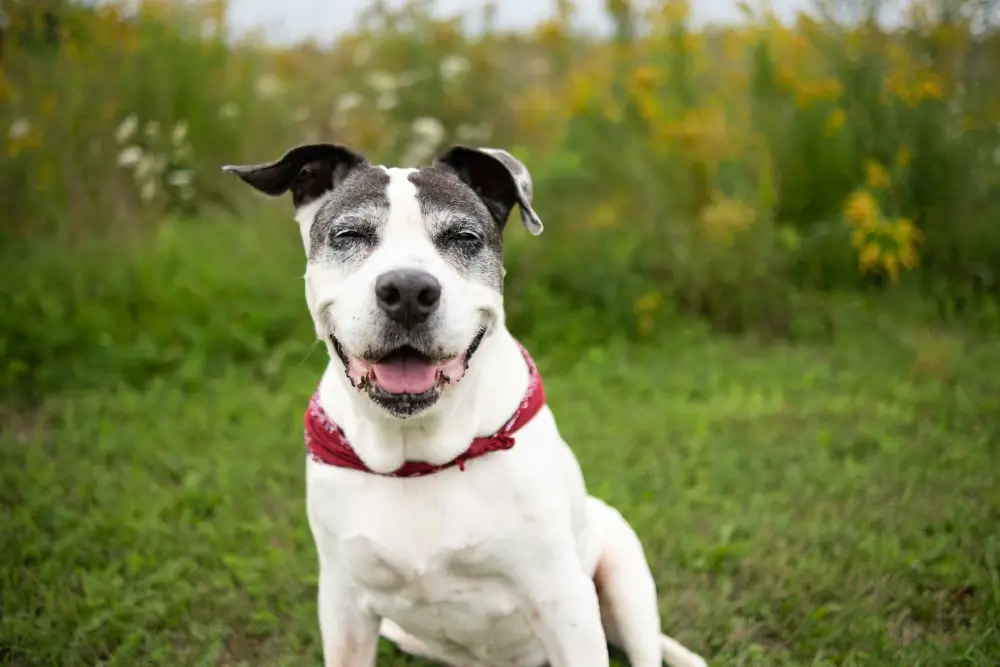
Urinary incontinence in senior dogs
November 15th 2022
Urinary incontinence in senior dogs can be a common problem. There are several reasons why a dog might be incontinent, but it is more common in older dogs, especially females.
Urinary incontinence where the bladder leaks urine is involuntary and your dog cannot help it, in many cases they may not even notice that it has happened. They should never be punished for incontinence as it is not their fault and being scolded could make the problem worse.
What causes incontinence?
Spinal problems, neurological problems, urinary tract infections, prostate disease, some medications and hormonal imbalances are just some of the possible causes of urinary incontinence. Uncontrolled conditions such as Cushing’s disease, renal (kidney) disease, or diabetes may exacerbate incontinence; dogs suffering from these conditions also tend to drink and urinate excessively. However, in the majority of cases in senior dogs the problem is caused by weak urethral muscles allowing urine to escape from the bladder. This condition is known as Urethral Sphincter Mechanism Incompetence or USMI and more commonly affects female dogs, especially if they have been spayed. This is because the reduction of oestrogen can weaken the bladder. Other risk factors include being obese, a larger breed and having a docked tail.
What are the signs of urinary incontinence?
Aside from finding a wet patch in your dog’s bed in the morning, they may also display signs including:
· Dribbling urine from the urethral opening
· Excessive licking around their genitals and back legs
· Damp back legs
· Urine scalding, which is where the urine has burnt the skin after being in contact with it for long periods. The skin will be red, painful and irritated
· The smell of urine around your dog and their bed
What can be done to help?
The first step is to find out what exactly is causing the incontinence as the treatment plan will differ depending on the cause. For example, a urinary tract infection may require some antibiotics, whereas kidney disease may need a change in diet.
If everything has been ruled out except urethral sphincter mechanism incompetence (USMI) then there are both medical and surgical options that can help, speak to your vet to discuss the best options.
What else can I do to help my dog?
You can keep your dog comfortable and their environment clean by adopting a few extra things into their daily routine:
· Never punish your dog
· Never restrict their access to water (unless on the advice of your vet)
· Wash and thoroughly dry their back legs and around their bottom daily to avoid urine scald and infections.
· Use waterproof protective sheets under the top layer of their bedding, or absorbent bedding that will wick the urine away from their skin
· Walk them more frequently, especially before bedtime – just 5-10 mins to give them plenty of opportunities to empty their bladder
Remember that there are treatment options available, although they may not be 100% effective, they can give your senior dog a good quality of life and make them happier and more comfortable in their twilight years.

 Shop Dog
Shop Dog
 Shop Cat
Shop Cat
 Vet Know-how
Vet Know-how Contact
Contact


